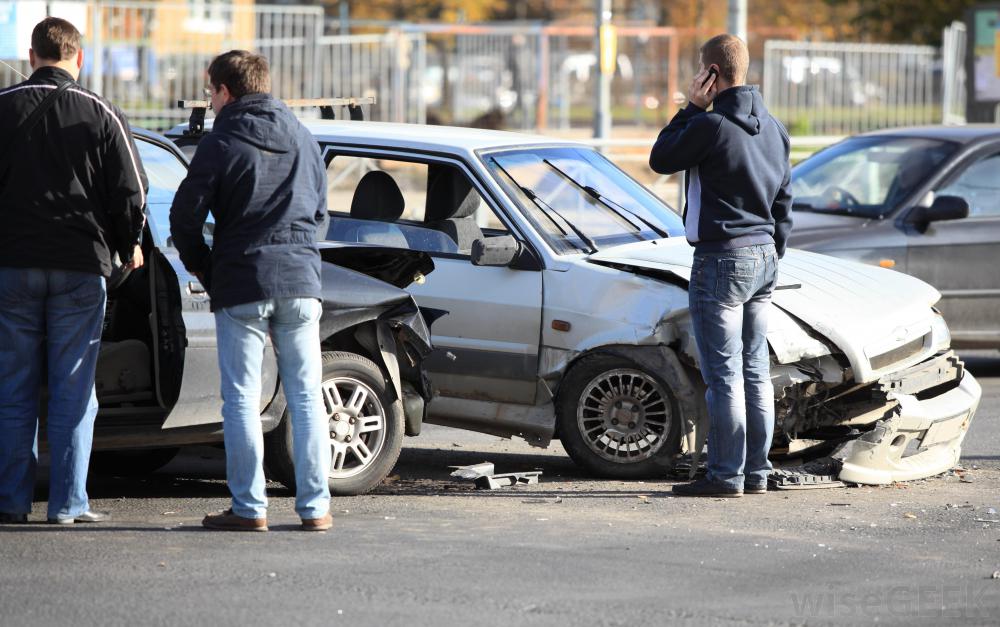
Did you know that Florida law considers communications between police officers and parties involved in motor vehicle accidents are privileged. In other words, statements made to the police cannot be used against you in any way. This is called the Accident Report Privilege. Under Florida Statute 316.066(4), accident reports are not admissible as evidence in any trial, civil or criminal nor are any statements made by the participants in the accident to the police officer investigating the accident.
That subsection states:
“Each accident report made by a person involved in an accident and any statement made by such person to a law enforcement officer for the purpose of completing an accident report required by this section shall be without prejudice to the individual so reporting. No such report or statement shall be used as evidence in any trial, civil or criminal. The result of breath, urine, and blood tests administered as provided in §316.1932 or §316.1933 are not confidential and shall be admissible into evidence in accordance with the provisions of §316.1934.”
Recently, a Florida appellate court opinion out of Miami considered this privilege in a situation where the driver fled the scene of an automobile crash in which someone was killed. The Court held “that the accident privilege in section 316.066(4) does not confer any benefit or privilege on a person who abandons her duty to remain at the scene of any automobile accident which results in death, and who chooses instead to leave the scene of an accident, contrary to section 316.027(1)(b) of the Florida Statutes (2013).”
That statute states:
The driver of a vehicle involved in a crash occurring on public or private property which results in serious bodily injury to a person shall immediately stop the vehicle at the scene of the crash, or as close thereto as possible, and shall remain at the scene of the crash until he or she has fulfilled the requirements of s. 316.062.” So, this law requires that a driver has a duty to give information and render aid after a crash.
Bottom line: If you are involved in a crash resulting in someone being injured or killed, or resulting in damage to any vehicle or other property, you must stay at the scene and give your name, address, and the vehicle registration. What’s more, you have an obligation to take reasonable steps to get any other injured person the medical care he or she needs if it is apparent that medical care is necessary or the person requests that you help to get that person medical care. If you don’t, the privilege that prevents your statements from being used against you may not apply. WILLIAMS V. STATE, No. 3D14-2853 (Fla. Dist. Ct. App. Oct. 26, 2016).
Remember you have rights that are spelled out under the law. If you are involved in a crash and want to know more about your rights please give us a call. All initial consultations are always free with no obligation. Rader Law Group, P.L. can be reached at (954) 913-CASE (2273) or visit us at www.RaderLawGroup.com .
